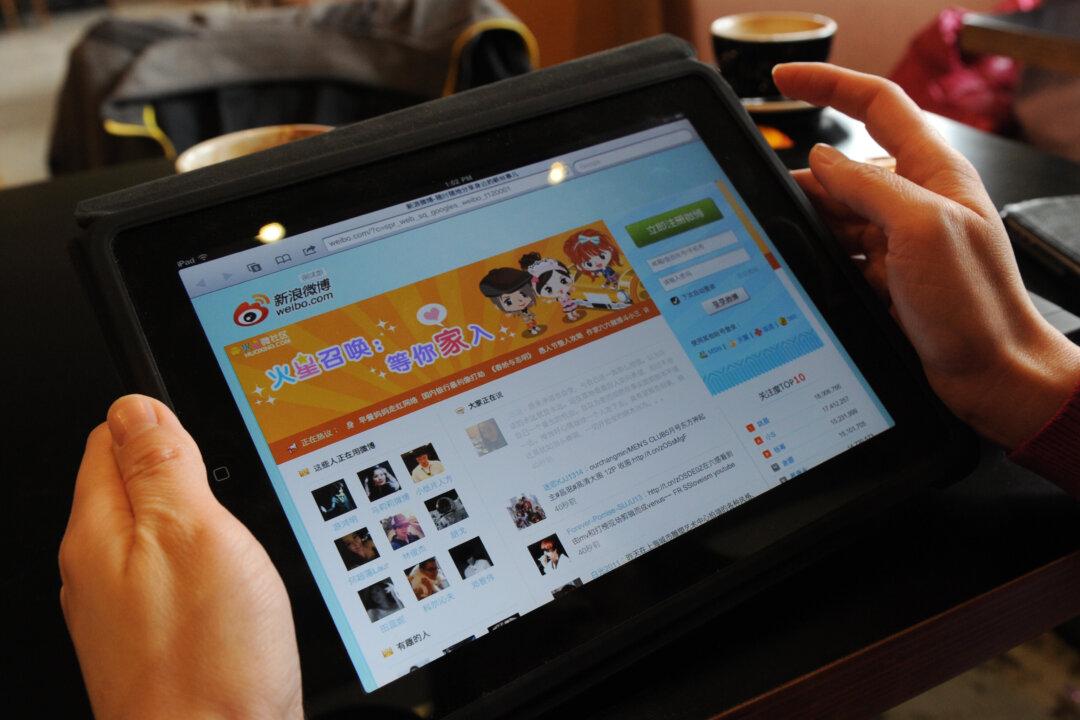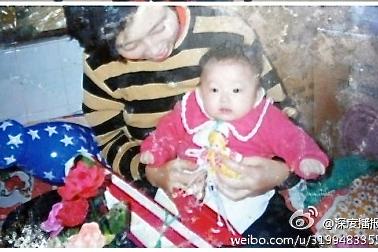The need for increased security in hospitals bears a direct corollary, in part, to the increase in deaths and injuries through suspected medical negligence: a growing concern in China.
Recently, 27 hospitals in northeast China’s Shenyang city, Liaoning Province agreed to implement a unique approach. To “improve” relations between patients and doctors, policemen from local police departments have been hired to act as deputy heads of security for hospitals in compliance.
China Youth Online reported this move as an attempt to improve security within hospitals. The 27 hospitals include eight provincial hospitals, 18 city hospitals and a Chinese western-affiliated thrombosis medical center in the province.
The Shenyang city health bureau and police department have concurrently been widely publicizing the move, claiming that it can “increase hospital personnel and patients’ sense of security, improve the hospital’s environment, as well as the security of the neighborhood…”
This report has raised extensive concerns via the Internet. One netizen pointed out that the hospital’s true intention is to gain the support of the police, making it easier to shirk responsibility.
“Therefore, if a patient dies or someone accuses the hospital of charges [that it disagrees with], the hospital can get the police to lock [the offenders] up.”
‘Hospital Troublemakers’
According to the Shenyang police bureau, in 2009 there were 152 violent incidents involving Shenyang city hospitals, including several cases where doctors were beaten up and emergency rooms were ransacked.
At the time, police authorities said that they would even consider the prospect of employing policemen to act as deputy heads of hospital security. They cited a number of functions the policemen could perform, including preventing conflicts from getting out of hand and the suppression of group demonstrations.
At the same time, those who were disruptive of hospital operations, including displaying banners, abandoning corpses in the hospital, setting up an altar, blocking the entrance to the hospital, as well as other conduct, could be tried by law.
An Internet search confirmed that conflicts arising from deaths due to medical error in the region were quite common.
A netizen published an article on a Liaoyi website, regarding a protest that took place in Shenyang Women and Infants Hospital on July 6, 2009. Many family members held banners in the hospital’s busy reception area, to protest the hospital’s inappropriate treatment, resulting in the death of a newborn infant. Prior to the death, the hospital’s various medical tests revealed that everything had been normal, and the conclusion drawn by the family was that the death of the infant was caused by medical error.
Family members told bystanders that the baby’s mother was in her thirties, and the entire labor process had been seven hours long. During the initial five hours of labor, however, the midwife did not react appropriately, and the doctor failed to make the crucial decision to perform a Caesarian.
Family members were presented with the medical reports three days later, when the report should have been released on the same day, which lead family members to suspect that the medical results had been doctored.
Incidents such as this have also been noted outside of Shenyang and its vicinity. According to an article accompanied by photos posted on China’s MOP forum on June 22, someone set up an altar in front of the entrance to the Bokang Red Cross Hospital in central China’s Zhuzhou city, Hunan Province.
A protest was triggered by the death of a female, after she gave birth in the hospital on June 11. Initially, the hospital had requested a blood transfusion, asking for an upfront payment of 10,000 yuan (US$1,476). After the money was turned over, it took an hour for the blood to be sent to the operating room. The hospital then wanted to remove the woman’s uterus.
Several hours later, family members found it odd that the doors to the operating room were locked, and there was complete silence within. Consequently, they broke through the door and found the place in upheaval, with blood everywhere and the patient lying dead on the operating table, with both hands and feet tied up. Her entire body was covered in blood. She was naked, with contusions all over her body. The doctor was nowhere to be found.
Official reports on the many cases of conflicts that arise from medical mishaps almost invariably tend to shift the emphasis, portraying family members of the deceased as being troublemakers and disturbers of the peace, and that they opportunistically use medical accidents as an excuse to create trouble and blackmail the hospital.
A special phrase has been coined, “hospital troublemaker,” which is a term widely used by state-run media.
Recently, Mr. Huang from southern China was sentenced to two and a half years imprisonment, suspended for three years on June 8, for provoking and creating trouble. According to state-run Chinanews, this is the first “hospital troublemaker” to have been sentenced in Guangzhou City.
Chinanews reported that Mr Huang’s 6-month-old son was admitted to hospital on Nov. 2, 2009, and subsequently died. Huang informed his family members in the village where he lives. A dozen of them rushed to Shiqiao Hospital.
The report said, “They refused to believe the doctor’s explantion of the cause of the infant’s death. They insisted that the death was a result of medical negligence, and that the hospital should bear full responsibility. Several people became emotional and started to chase and attack patients, as well as medical personnel that had attended to the child. This resulted in three innocent patients and six medical staff sustaining various degrees of injuries.”
However, the report made no mention of the details of the medical mishap, making it seem as though the information was insignificant.
Most of the comments on Internet forums about the new hospital initiative were negative.
A netizen said, “Once again, it proves the old adage that money makes the world go round. Indeed, hiring a policemen can reduce medical troubles resulting from professional negligence. Even if the patient [side] is right, once they realize that they are dealing with the police, they might think twice before acting, while carefully weighing the consequences.”



